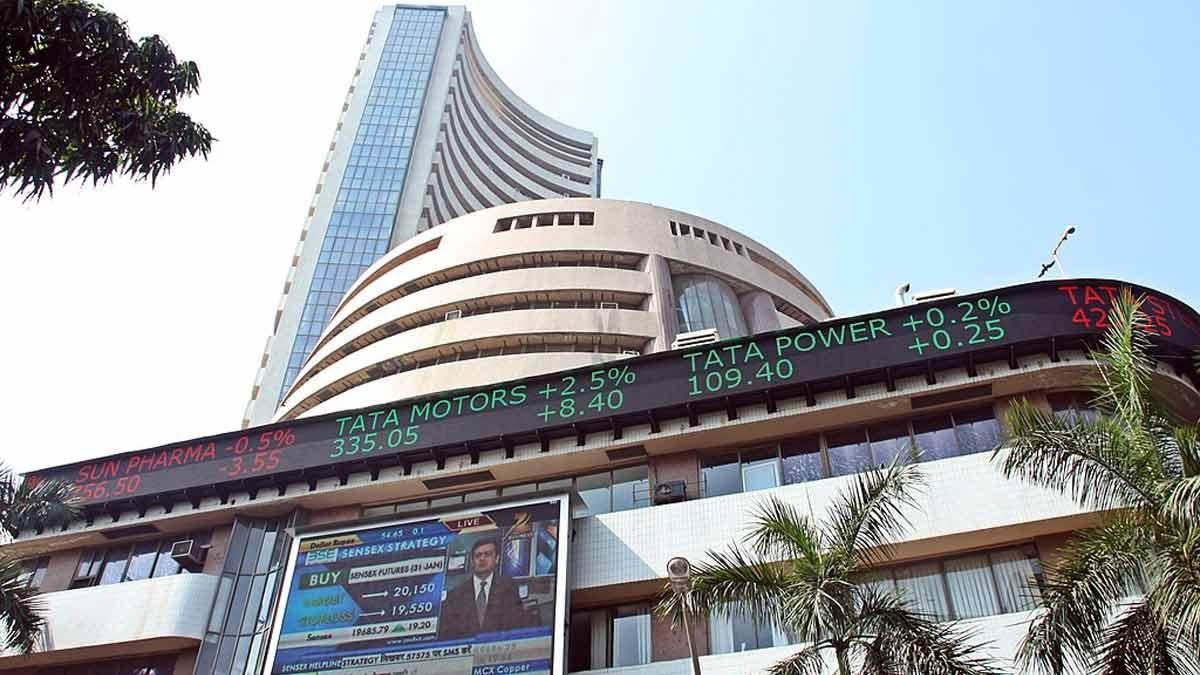Indian equity markets will see an upward movement in the third quarter of FY26, global brokerage house Morgan Stanley stated in a note published on Friday.
The company reiterated its positive view, based on a mix of positive economic indicators, supportive monetary policy, and strong corporate earnings as major factors that will drive market gains from July.
India's macroeconomic fundamentals are gradually improving, as per the brokerage. An increase in government spending, indications of a dovish approach from the Reserve Bank of India (RBI), and subsiding inflation are providing a favorable environment for equity investors.
Morgan Stanley also indicated that a possible fall in interest rates could serve as the catalyst for credit growth, with banks likely to increase lending activities. In case external headwinds ease, Indian companies might also resuscitate capital spending and new project launches.
One of the key drivers of market performance over the next few months will be the season of corporate earnings. The brokerage expects many companies to beat street estimates, supported by a positive base effect, better operating numbers, and sustained consumer demand.
In the future, Morgan Stanley foresees a potential 25 basis point RBI rate cut during the last quarter of the fiscal year that will further buoy market sentiment.
All that notwithstanding, the company also cautioned that there are still risks emanating from external sources. Geopolitical tensions, a change in global trade patterns, or even a slowing of developed markets could spill over into Indian equities. A sharp decline in crude oil prices, for example, may be an indication of general global economic weakness and dampen investor sentiment.
In spite of these doubts, Morgan Stanley is of the view that domestic market resilience will be reinforced by active retail investor participation and ongoing interest from foreign institutional investors (FIIs).
Indian stocks also get to experience what the brokerage termed as a "scarcity premium," underpinned by long-term structural reforms like the Goods and Services Tax (GST) system and continued infrastructure development—both of which are still serving as confidence-boosters to the market.
While valuations are high relative to historical standards, Morgan Stanley believes they are warranted, in light of the positive earnings trajectory.
Overall, the company reaffirmed its long-term optimism towards India, citing a stable policy framework and robust growth opportunities, which make it a standout among the emerging markets.
Read also| Report: U.S. Strikes on Iran Left Nuclear Sites Intact


















